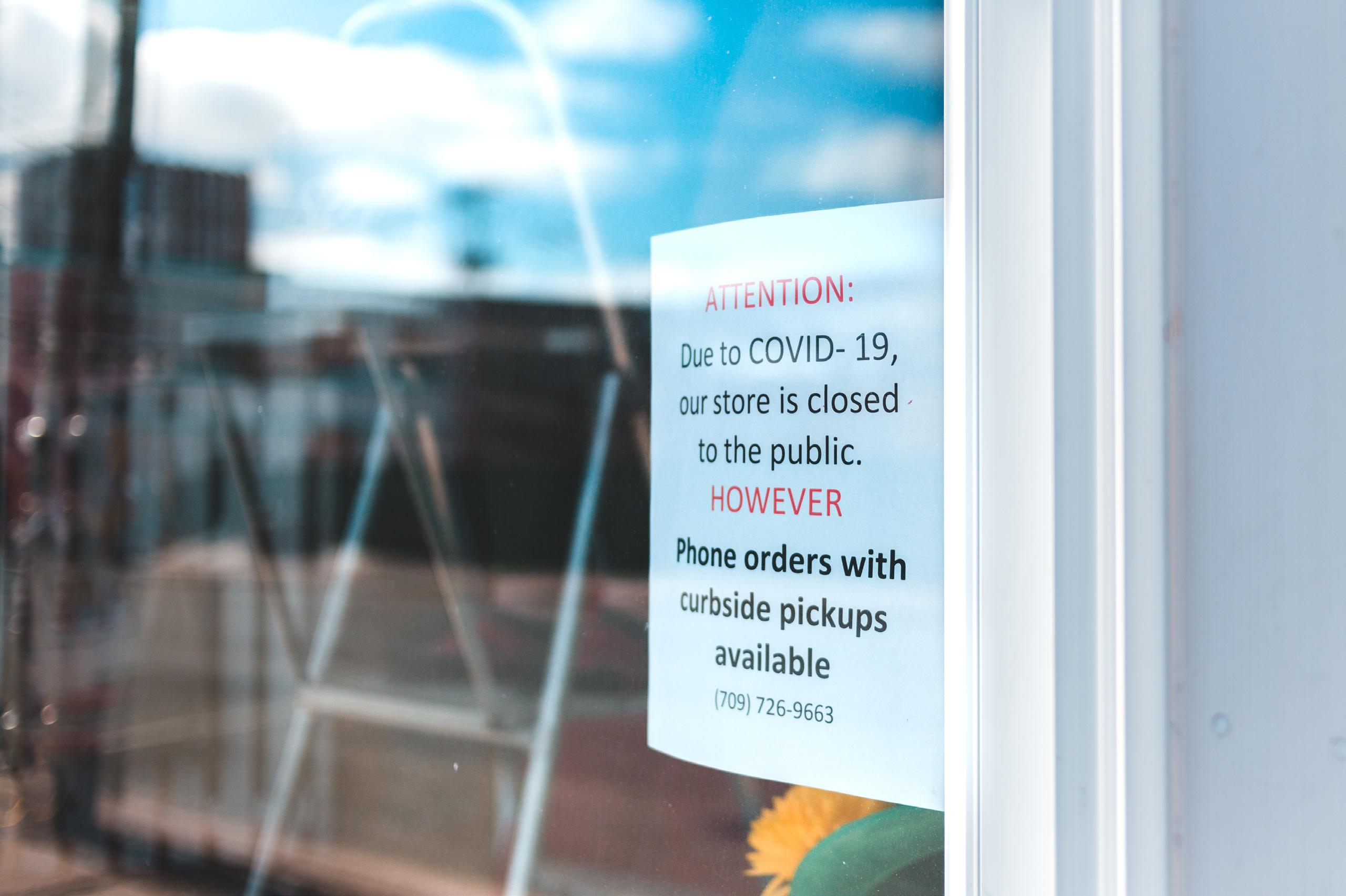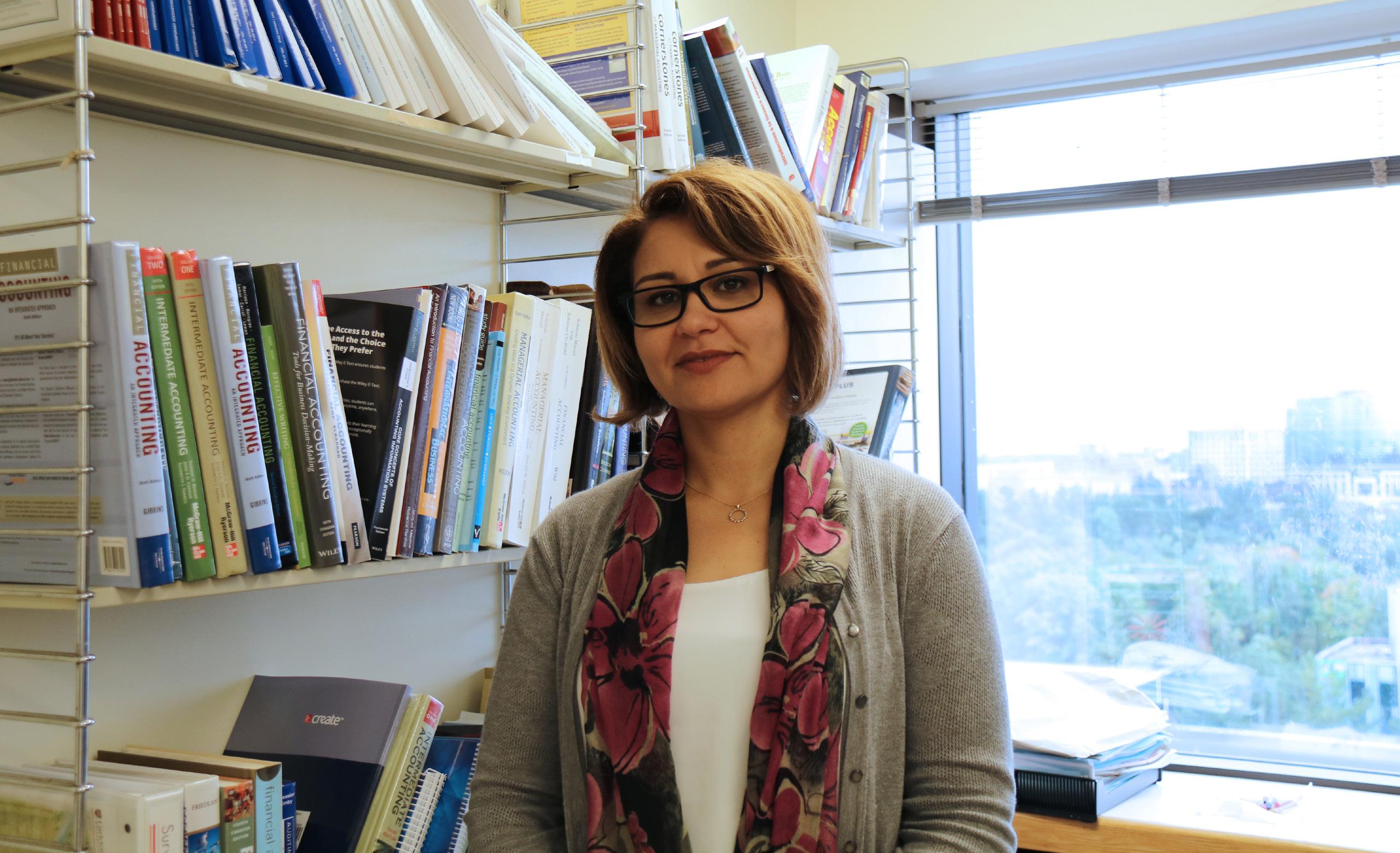Feature
The Future of Business is Now A computer screen filled with racing columns of numbers and symbols scrolling, shimmering like green-electric rivers. This is the visual we are given in the opening scene of The Matrix, a cyberpunk, science fiction movie—one of many that depict the future of machines taking over the world. Although computer technology is ubiquitously infused in every facet of our society, be rest assured, machines are not malevolent. And, as we hang on tight to the changing digital ecosystems arising at warp speed, it is thrilling to witness the expertise and innovation happening. For the last few decades, we have watched the rise and evolution of the Information Age and understand that technology is inevitable and most definitely essential and integral to the future of our society, but even more so, of business. So now, a common phrase in our lexicon: business analytics. Business analytics (BA) is all about technology, such as artificial intelligence (AI), to collect and transform huge datasets into useful information; this to help firms make smarter, data-driven business decisions, ultimately giving them a competitive edge. In today’s market, 83 per cent of businesses think AI is a strategic priority for their business today—a global market that is estimated to be worth around 267 B USD by 2027 (idc.com). Moreover, there are significant societal benefits to business analytics— from improved urban infrastructure, environmental solutions, to medical innovations that could save lives. If knowledge is power, then the power of digital technology is the almighty powerful. Fortunately, the Sprott School of Business has a powerful and mighty team of analytics experts that are focused on preparing businesses and students for tomorrow’s digitally driven world. The faculty represent a diverse range of
Carleton University Sprott School of Business
expertise, spanning many disciplines that offer a wonderfully eclectic scope of BA research solutions. The Sprott School is committed to a five-year vision to become a pillar of excellence for education and research in business analytics; this includes highly innovative and real-world applicable research and projects. Moreover, there is a commitment to “help launch new professional programs and an executive-coaching group aimed at increasing management and leadership capacity in regional worldclass technology companies.” The research happening at Sprott is most definitely exciting, innovating—and game changing. The faculty are throwing away conventional approaches to research, and instead, developing ideas and solutions that keep Sprott at the forefront of business analytics. Mohamed Al Guindy (Assistant Professor, Finance) has a research program that is unique, innovative, and highly contributory to one of the fastest growing and hottest areas within finance. Among many of his projects (including cryptocurrency and robonews), his work examining the impact of tweeting on financial markets has drawn a lot of attention. Al Guindy reveals financial tweets not only improve the efficiency of information disclosure and help lower costs of capital, but they also provide smaller, less profiled companies—ones that have the “greatest information disadvantage”—with a voice in the market. Concurrently, Al Guindy’s research includes creating a working universe, or network, of companies. He calls this, The Social Intranetwork. Al Guindy determines which companies are associated with other companies from over 3,000 publicly-traded companies’ financial Twitter conversations—these, Al Guindy finds, generate peer groups. From these relationships, Al Guindy can establish peer connections and ultimately a map of RESEARCH REVIEW 2020 | 21















